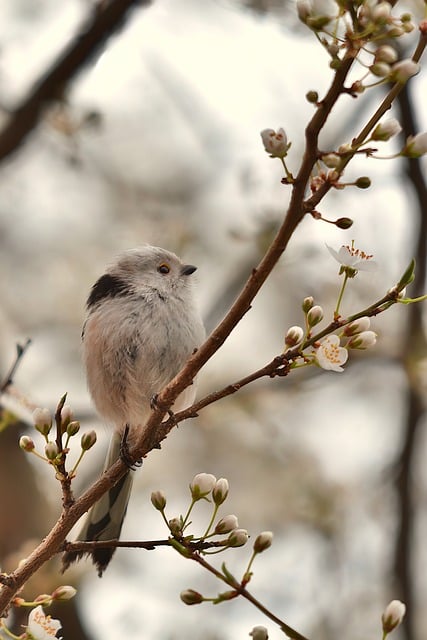The humble backyard bird may seem like an easy companion to care for, but providing the right food and nutrition can be a daunting task. With so many types of seeds, fruits, and pellets available, it can be overwhelming to determine what is best for your feathered friend. In this article, we will delve into the world of avian nutrition, exploring the key points you need to consider when creating a balanced diet for your bird.
First and foremost, it’s essential to understand that birds are omnivores, meaning they require a mix of protein, fat, carbohydrates, vitamins, and minerals in their diet. A well-balanced diet is crucial for maintaining the overall health and well-being of your bird. Here are some key points to consider:
1. Fresh water is essential: Providing fresh, clean water at all times is critical for your bird’s hydration and overall health. Change the water daily to prevent bacterial growth.
2. A varied diet: Offer a mix of seeds, fruits, vegetables, and pellets specifically formulated for birds. Avoid overfeeding, as this can lead to obesity and other health problems.
3. Avoid common allergens: Some foods common in human diets can be toxic or cause allergic reactions in birds, such as avocado, chocolate, and caffeine. Always research which foods are safe for your bird species before introducing them to their diet.
4. Consider your bird’s life stage: Different life stages require different nutritional needs. For example, young birds need a high-protein diet to support growth and development, while older birds may require more calcium to maintain strong bones.
5. Supplement with fruits and vegetables: Adding fresh fruits and vegetables to your bird’s diet can provide essential vitamins and minerals, as well as variety and excitement in their meals. However, avoid giving too much of these items, as they are high in sugar and calories.
6. Offer a calcium source: Many birds require calcium to maintain strong bones and feathers. You can offer crushed eggshells or cuttlebone as a calcium supplement.
7. Be mindful of food allergies: Some birds may develop allergies to certain foods, such as peanuts or sunflower seeds. If you notice any adverse reactions, consult with a veterinarian to determine the best course of action.
8. Use a high-quality pellet: A good quality pellet should be formulated specifically for your bird species and provide all the necessary nutrients. Avoid using low-quality pellets that may contain fillers or by-products.
9. Provide treats wisely: Treats, such as millet or safflower seeds, can be a fun way to reward your bird, but use them sparingly and in moderation. A good rule of thumb is to limit treats to no more than 10% of your bird’s daily diet.
10. Consult with a veterinarian: If you’re unsure about what foods are best for your bird or have concerns about their nutritional needs, consult with a veterinarian who specializes in birds. They can provide personalized advice and help you create a tailored diet plan for your feathered friend.
In conclusion, understanding your bird’s dietary needs is crucial for maintaining their health and well-being. By following these key points and providing a balanced diet that meets their nutritional requirements, you can ensure your bird lives a long, happy, and healthy life. Remember to always consult with a veterinarian if you have any questions or concerns about your bird’s diet.
Tags:
Dietary Needs of Birds, Avian Nutrition, Bird Food, Backyard Bird Care, Pet Bird Health, Bird Diet Plan
